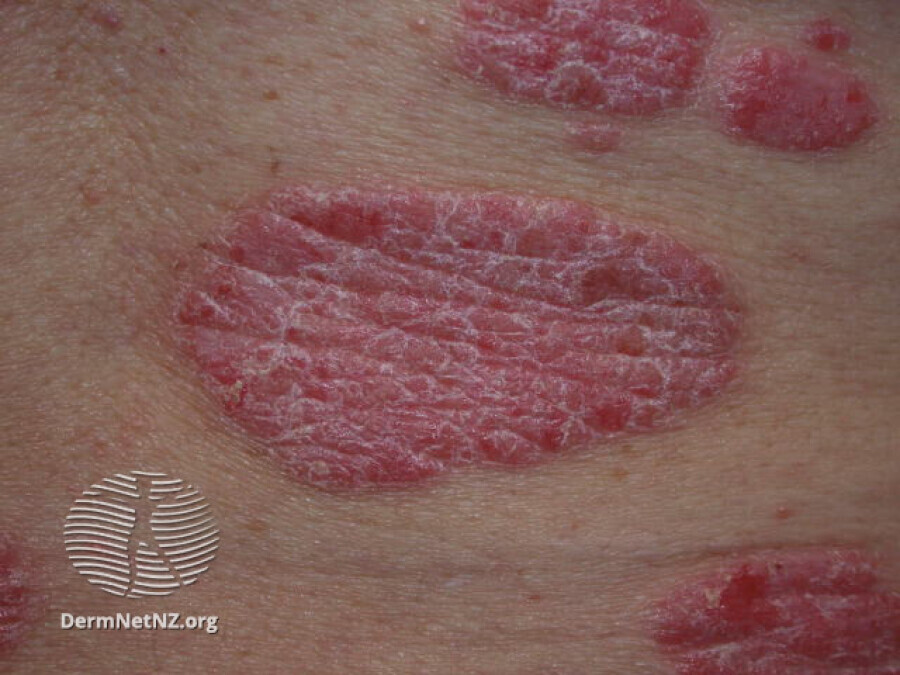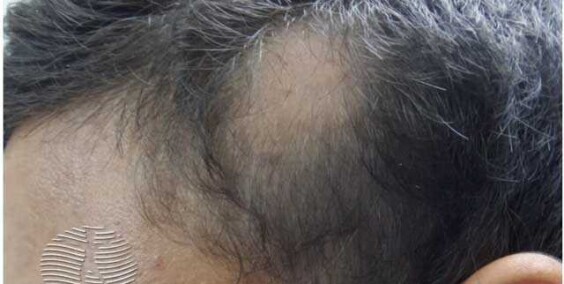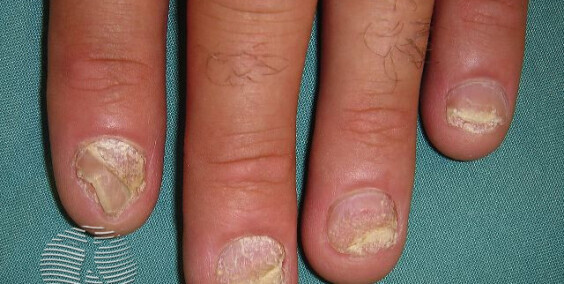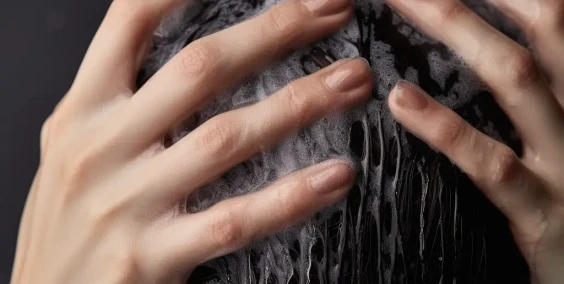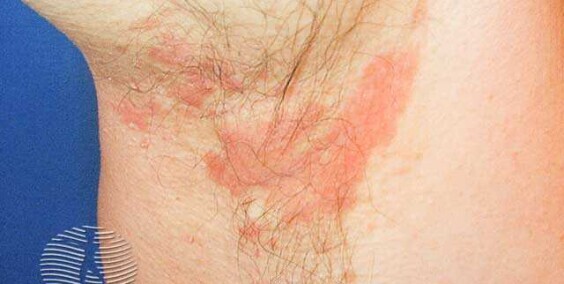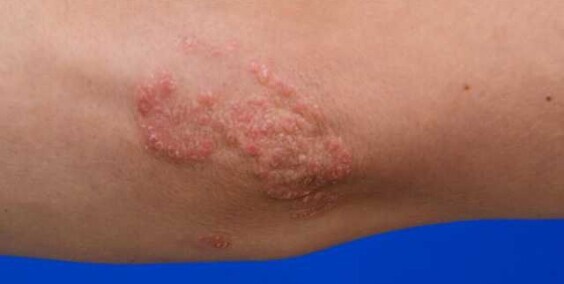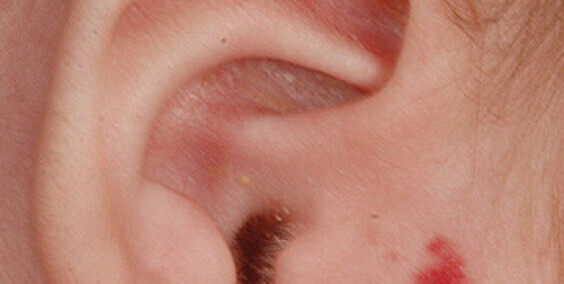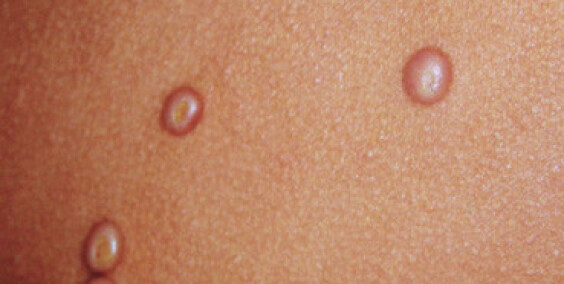Psoriasis is more than just a skin condition; it's a chronic autoimmune disease that affects millions worldwide. In this article, we'll delve into the various facets of psoriasis, covering its types, symptoms, and available treatments. Whether you're newly diagnosed or seeking more information, this guide aims to provide comprehensive insights.
Types of Psoriasis
Plaque Psoriasis
The most common form, plaque psoriasis, presents as raised, red patches covered with a silvery white buildup of dead skin cells. Learn more about plaque psoriasis.
Scalp Psoriasis:
Did you know that psoriasis can also affect the scalp? Explore the unique challenges and treatments for scalp psoriasis.
Guttate Psoriasis:
Characterized by small, dot-like lesions, guttate psoriasis often follows a streptococcal throat infection. Uncover the details of guttate psoriasis here.
Inverse Psoriasis:
Affecting skin folds, inverse psoriasis can be uncomfortable. Find insights into managing inverse psoriasis.
Pustular Psoriasis:
For a more uncommon variant, pustular psoriasis is characterized by blister-like lesions filled with pus. Discover more about pustular psoriasis.
Symptoms and Identification
Understanding the signs of psoriasis is crucial for early intervention. Here are answers to common questions:
Psoriasis is a skin condition that often leads to dry patches covered in scales. These patches can look pink or red on brown, black, and white skin, with white or silvery scales. On brown and black skin, the patches may also appear purple or dark brown, with grey scales.
For some people, psoriasis brings itching or soreness. There are various types of psoriasis, and some folks have just one type at a time. However, it's possible to have two types simultaneously, and one type may transform into another or become more severe.
Psoriasis tends to go through cycles. It causes issues for a few weeks or months and then may ease or stop. Understanding these aspects can help individuals manage and cope with this skin condition.
More detailes: https://www.nhs.uk/conditions/psoriasis/symptoms/
What is the main cause of psoriasis?
While the exact cause remains unclear, genetics and the immune system play significant roles.
Psoriasis happens when the skin cells grow too fast, causing patches with scales. Normally, our body makes new skin cells, and it takes about 3 to 4 weeks for them to reach the outer layer and flake off. But in psoriasis, this process only takes 3 to 7 days, leading to patches of flaky skin.
The immune system, which defends against sickness, plays a role. T-cells, immune cells, mistakenly attack healthy skin cells in people with psoriasis. This speeds up the skin cell production, and more T-cells are made.
Genetics can make someone more likely to get psoriasis, but it's not guaranteed. Research shows many genes are linked to psoriasis, and different combinations may increase vulnerability.
Triggers, like injuries, excessive alcohol, smoking, stress, hormonal changes, certain medicines, throat infections, and other immune disorders, can make psoriasis worse. Knowing your triggers might help avoid flare-ups.
Importantly, psoriasis isn't contagious, so it doesn't spread from person to person. Understanding these factors can help manage and cope with psoriasis.
Source: https://www.nhs.uk/conditions/psoriasis/causes/
What are 2 signs of psoriasis?
Psoriasis commonly manifests as red patches and silvery scales. Learn about key signs to identify it..
Psoriasis symptoms vary, but common ones include red, thick patches with silvery scales that itch or burn, often on elbows, knees, scalp, trunk, palms, and soles of the feet. It may also cause dry, cracked skin that bleeds, and nails may become thick, ridged, or pitted.
Some experience poor sleep quality. Psoriatic arthritis, a related condition, can involve stiff, swollen joints and pain in the neck, back, or Achilles heel. Early treatment is crucial to prevent irreversible damage.
Psoriasis symptoms can come and go, with flares when symptoms worsen, followed by times of improvement. If you notice these symptoms, consulting a doctor is important for proper management.
Does psoriasis go away?
Unfortunately, psoriasis is a chronic condition, but effective management can provide relief.
Available Treatments
Psoriasis has no cure, but various treatments can help manage symptoms. These include topical treatments applied directly to the skin, phototherapy using UV rays, systemic treatments like immunosuppressants, oral retinoids, and biologics, as well as natural remedies such as salt baths, colloidal oatmeal, aloe vera, apple cider vinegar, and maintaining a healthy diet.
Topical treatments like steroid creams, salicylic acid, and calcipotriol can provide relief, and phototherapy involves exposing the skin to UV rays. Systemic treatments, including immunosuppressants, oral retinoids, and biologics, are recommended for more severe cases.
Natural remedies like salt baths, colloidal oatmeal, aloe vera, and apple cider vinegar may offer temporary relief. Additionally, maintaining a healthy diet, losing excess weight, and communicating regularly with your doctor are essential for effective psoriasis management.
It's crucial to consult with a healthcare professional before incorporating any natural remedies or making significant changes to your treatment plan. Regular updates with your doctor will help tailor your care plan and ensure the most effective management of psoriasis symptoms over time.
Psoriasis in Children
Psoriasis can affect individuals under 18, with approximately one-third experiencing onset during childhood. Each year, around 20,000 children under 10 are diagnosed. Diagnosis may be delayed as psoriasis is sometimes confused with other skin conditions. The causes are not fully understood, but genetics and the immune system play significant roles. Psoriasis is not contagious, and triggers include stress, illness, skin injury, and certain medications. In young people, infections like strep throat can trigger psoriasis, and skin trauma may lead to the Koebner phenomenon. However, not everyone with psoriasis develops it at the site of an injury.
Data source for the chart: https://www.ncbi.nlm.nih.gov/pmc/articles/PMC7254147/
Psoriasis is a complex condition with various manifestations, but with knowledge and proper management, individuals can lead fulfilling lives. Stay informed and check back for more in-depth articles on related topics such as psoriatic arthritis, emerging treatments, and lifestyle tips to improve your psoriasis journey.
